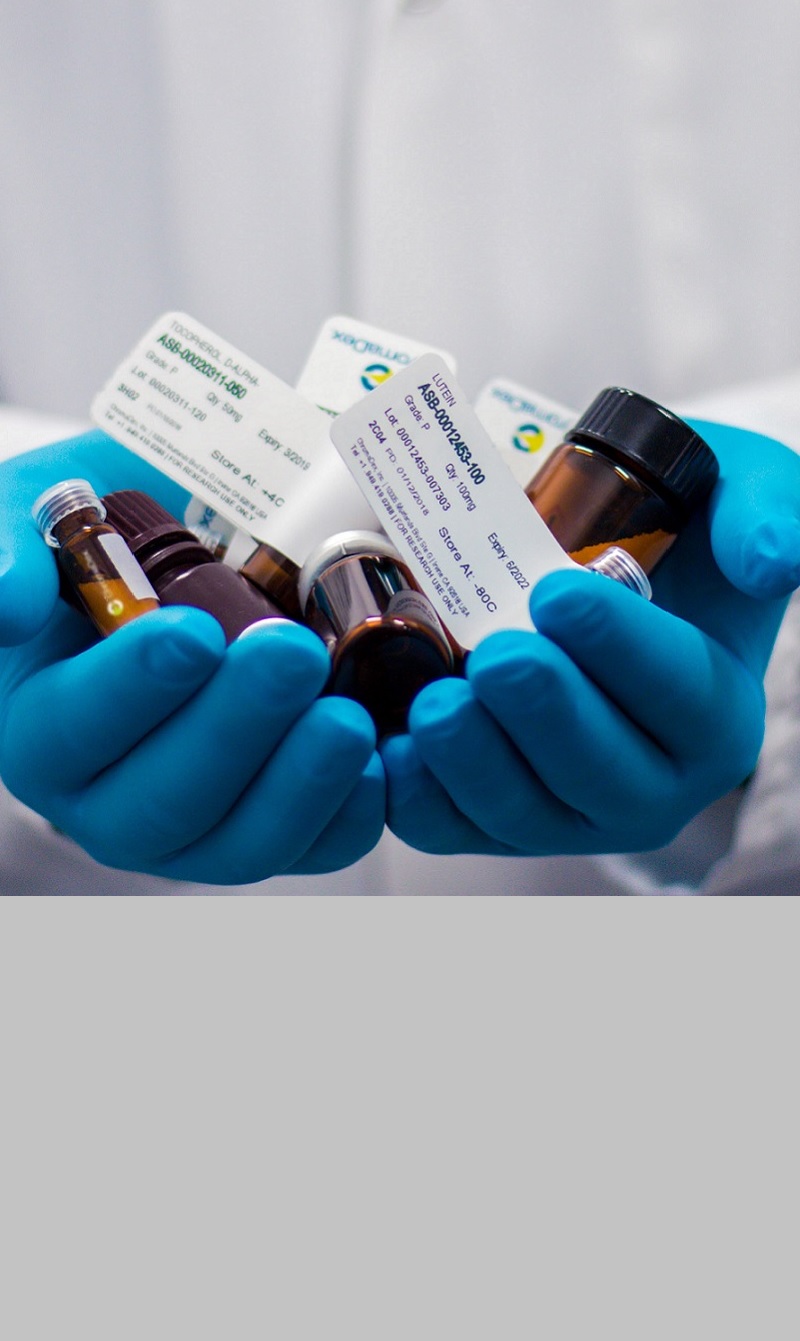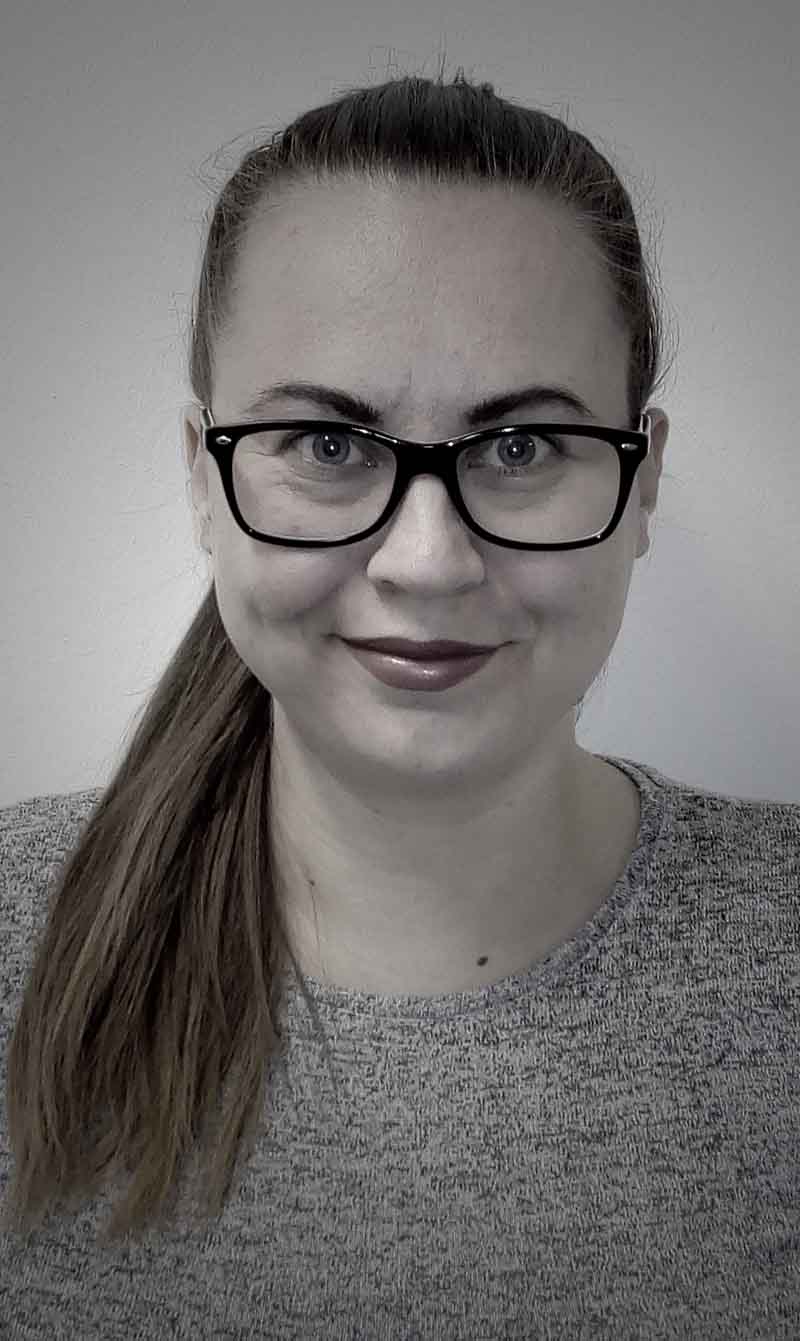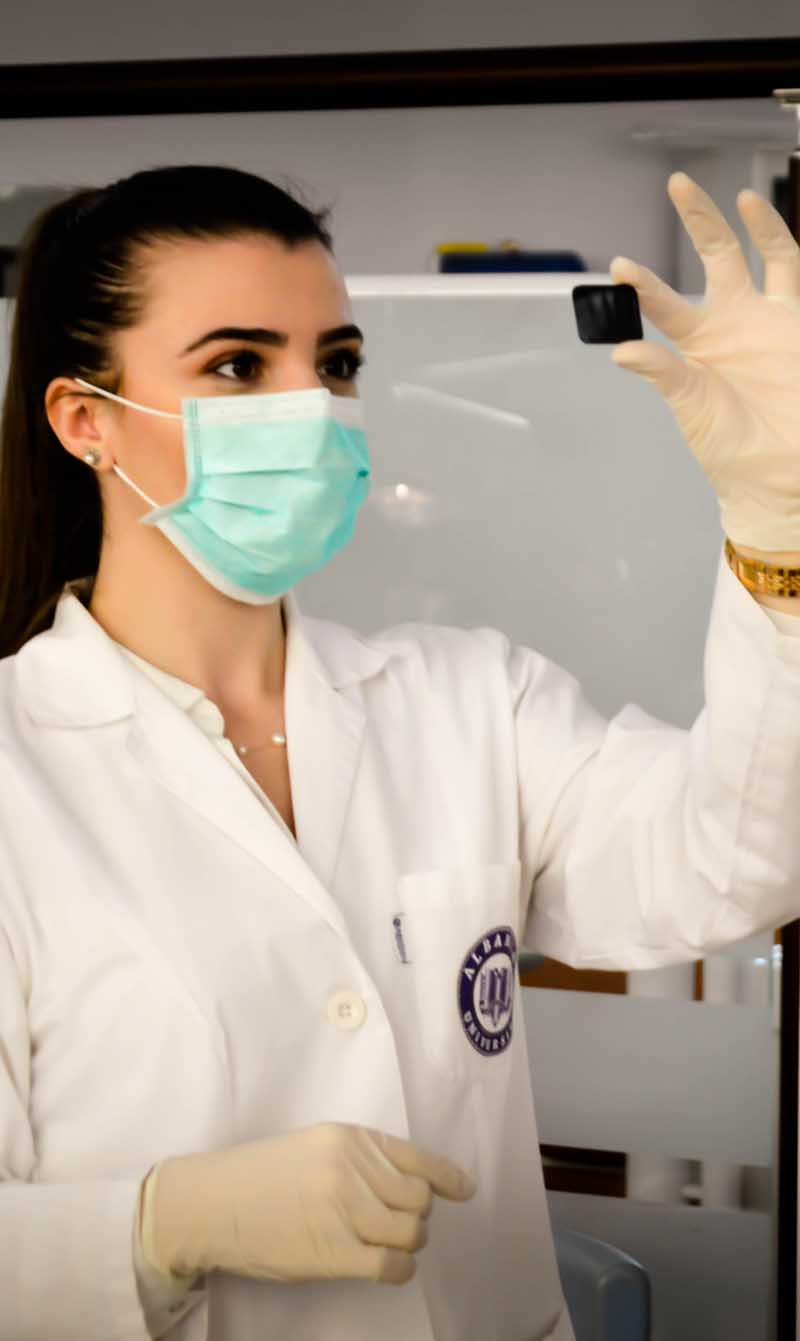The role of Islamic finance and waqf in healthcare
Healthcare is one of the largest economic sectors in the world and looks set to grow even further over the coming decades. The cost of this expansion is a major concern, particularly to those who cannot afford the rising costs of medical treatment. How can Islamic finance help? Should greater use be made of waqf, which was once the main source of funding for Islamic hospitals?
A venerable Islamic tradition
Under Islamic law, a waqf is an inalienable religious endowment normally in the form of land or property, the income of which is used for charitable purposes. It is held in perpetuity, often by a charitable trust, and cannot be sold, inherited or donated. The founder of a waqf can define who or what will benefit from the endowment. Although derived from several hadiths, the tradition is not an obligation for Muslims.
‘Waqf is an important Islamic institution, supporting both social welfare and economic development objectives for society,’ Tun Abdullah Ahmad Badawi, Malaysia’s former Prime Minister, said, in his keynote address. ‘The benefits include the building and upkeep of mosques, education and healthcare services as well as guesthouses, water wells and water facilities for travellers. It has increased over time in all parts of the Muslim world and become a major supporter of welfare and services, and more recently, also an important vehicle for economic development. It is a form of intermediation that is well anchored to the real economy and social welfare objectives.’
Waqf and the challenges of healthcare funding
The link between waqf and healthcare goes back more than a thousand years, to the first hospitals in the Islamic world. These institutions gave medical care to the poor and needy, those people who would not otherwise have been able to afford their treatment. These days, however, waqf is an underused resource when it comes to funding healthcare.
Tayeb Abdulrahman Al Rais, who is Secretary-General of the Awqaf and Minors Affairs Foundation in the UAE, said that his foundation currently administered about three billion euro in endowments. He explained that donors could choose from five different sectors to support, including health and education, when they opened an account.
‘When it comes to health, unfortunately, it is the lowest-cared-for sector along with education,’ said Al Rais. ‘Where we have 90 per cent of our funds today is in the Islamic and mosque account. The rest is not being fulfilled. Our biggest challenge is to make sure that we can bring the rest to where the Islamic and mosque account is today.’
Harris Irfan, the Managing Director of the European Islamic Investment Bank, UK, described waqf as a critical aspect of the Islamic economy. He noted that under the Ottoman Empire, a third of state revenues came from these endowments, adding that the situation was very different now: ‘Today we see waqf very much an ignored and marginalised institution. I think there have been fantastic advances in South Africa and the UAE, but this is not something that we see elsewhere around the world.’
Importance of healthcare
Dr Mohd Lutfi Fadil Lokman, Executive Director, Hospital Beyond Boundaries, Malaysia, explained that, as a medical doctor, the topic under discussion was dear to his heart. He believed that healthcare was a vital concern for all people, whether rich or poor: ‘The health economy affects my work directly and also my patients. Healthcare is a big pillar of the economy because it directly affects the workforce of a nation, no matter what your social background is.’
‘The waqf sector can be further developed through supportive legislation and policy initiatives. Malaysia and other Muslim countries should coordinate action for better exploitation of waqf resources.’
Badawi cited an example in Malaysia, where the Johor Corporation made a waqf donation in the form of shares in three of its subsidiaries. The dividends from these shares support more than 20 clinics and a hospital. ‘The main objective is to provide healthcare treatments at nominal charges to the general public, in particular, the deserving, regardless of ethnicity and religion,’ Badawi said. ‘This initiative can be replicated by other corporate charitable foundations, and it is hoped that any emulation of this will expedite access to good healthcare for all members of society.’
Raising awareness and effectiveness Zeinoul Abedien Cajee, the Chief Executive Officer of the National Awqaf Foundation of South Africa, explained that his foundation was established in 2001 principally as a way to alleviate poverty among the country’s small Muslim community, among whom awareness of waqf was low.
‘I think it is very important whenever we have any discussions, that the first thing we have to do is to try and explain the concept of waqf,’ Cajee said. ‘[In South Africa] we do this through television, through radio programmes and through newspaper articles. We have also published some books.’
Along with raising awareness, what steps should be taken to assure donors that their gifts are well managed and that the proceeds are going to their chosen beneficiaries?
Al Rais argued that complete transparency was necessary: ‘Every donor has his account. How much we get from that donor, where it is going, and how we spend it is accounted for, and at the end of the year, we invite the donors and we present them with a small trophy in recognition.’
Irfan praised Al Rais’s foundation for publishing its accounts on a regular basis but claimed that most Islamic endowments around the world were not managed in such a professional manner.
‘Imagine you stand before God on the Day of Judgement and say: ‘I was responsible for widows and orphans and I left the office at three in the afternoon and I didn’t really ensure that my assets were managed in the most efficient way’. That’s a sin on you. You have an obligation towards people who need that money,’ he said.
‘I’m a firm believer that waqf is something that should be administered by those who are in the right position to administer it. The private sector, particularly professional asset managers, should manage the funds of endowments in order to deliver the best returns for the lowest risk. This is not something that is happening globally,’ Irfan added.
Badawi said: ‘The combined resources of waqf and Islamic finance can certainly be used to develop innovative healthcare products. The waqf sector can be further developed through supportive legislation and policy initiatives. Malaysia and other Muslim countries should coordinate action for better exploitation of waqf resources.’
Cajee argued that for waqf to succeed it needed to be ‘sustainable’ and ‘community-based’: ‘We definitely see awqaf as something long-term, not short-term. It has to have multi-generational usage and multi-generational benefit. Social cohesion is a very important area for us, as we have a multicultural, multi-ethnic and multiracial society.’
___________________





